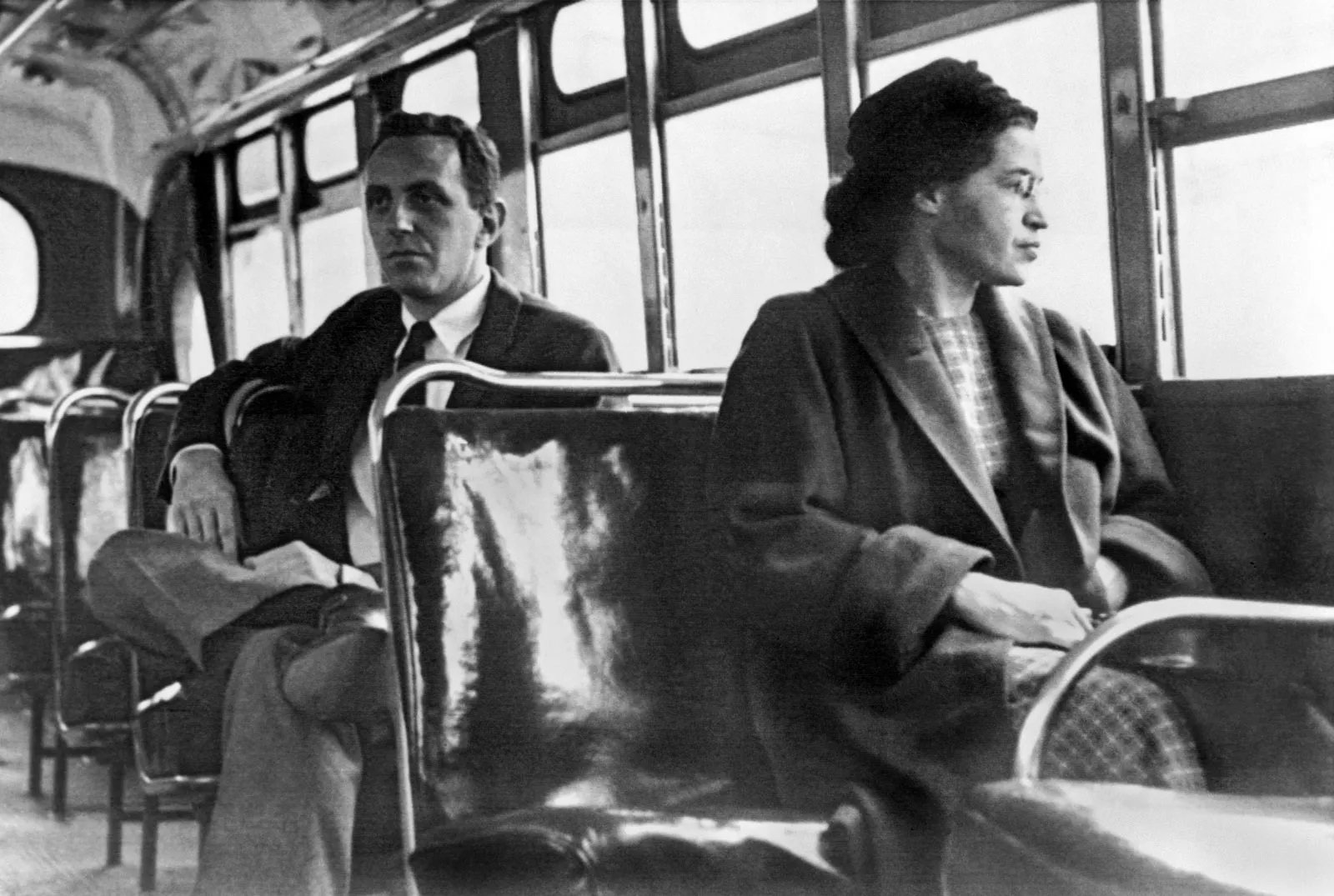No Justice without self love
On December 1, 1955 Rosa Parks was arrested in Montgomery, Alabama for refusing to give her bus seat to a white passenger. As Myles Burke, correspondent for the BBC, stated it, “Her courageous act of defiance set in motion a chain of events that ended segregation in the US…"
Cornel West said that "Justice is what love looks like in public." There are few better and more striking examples of this in 20th century American history than Rosa Parks' refusal to give up her rightful seat on a public bus in Montgomery.
I say "rightful seat" but of course that seat was only rightfully hers under Alabama state law because it was not in the white section of the bus. Yet even her right to sit in a "colored" seat, as it was called, was contingent upon a white person not demanding it from her! So her right was already weakened with contingency. In other words, it was not a right.
Real equality is based on a universal standard applied to all, not some. Parks’ insistence to stay seated eventually led to Black passengers being legally able to sit anywhere on a bus, when the US Supreme Court in December 1956 ruled that bus segregation was unconstitutional.
By sitting she was standing. Standing up for herself and thereby for all Black passengers in Alabama.
It's not that she was standing up for herself and additionally standing up for all. By standing up for herself, she was standing up for all.
"Love your neighbor as yourself" means that you love yourself, and sometimes loving yourself requires standing up for yourself. In her case, it meant staying seated. Seated in defiance.
The command to love your neighbor as yourself assumes a prior self-love. An injustice done to you is just as much an injustice as if it were done to someone else.
There is no justice without self love.
M. F. Davidson
